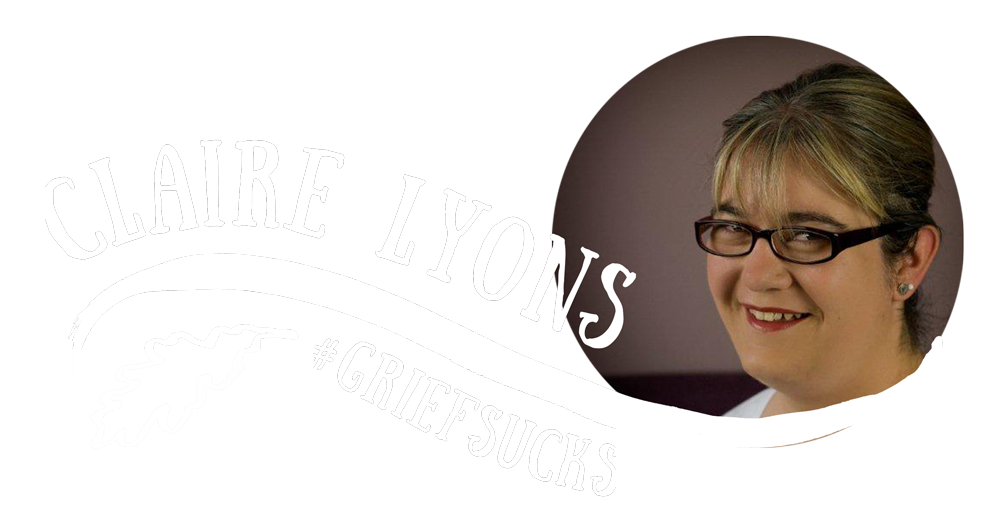After a death, you will have to deal with people. Some you know, and some you don’t.
Depending on what has happened, you may have uniformed services involved as well as family, friends, neighbours, the list can go on.
Dealing with all the talking, explaining and repetition is likely to be exhausting. Here are a few ideas for dealing with all the people:
*Divide people into ‘Professionals’ and ‘Not’. Professionals should have more skills and experience, even training, in how they conduct themselves and how they support you. If not, feel free to complain or request an alternative person. On the other hand the ‘Not Professionals’ may well have good intentions but little or no idea how to behave. You can still ask them to leave, but that may be more problematic. There will be a mix of ‘sucking it up’ and expressing yourself. Deep breaths.
*Take regular breaks. It’s perfectly acceptable to need some time alone, or in a quiet space every so often. Sometimes people are concerned about you becoming isolated, or not having support, you can let them know it’s just a break. Maybe put a time on it? ‘I need half an hour please.’
*Prioritse people, it’s OK to not see certain people. For all sorts of reasons there may be people you can cope with, or find helpful, and some you can’t. If you have a Gatekeeper or Bouncer, let them be your shield.
*Reduce people/interactions. We put a sign on the front door asking people not to knock unless they were expected. It stopped us having to deal with sales pitches, meter readings etc. and gave a number to call.
*Create a list (with help) of people you have to speak to or contact. If possible, divide up the list and let others do as many of those jobs as possible.
*Create a list of things you would find helpful, when people ask what they can do for you, let them chose from your list. Most people genuinely want to help, they simply don’t know how, or what you want. You probably don’t either, but having a list is VERY helpful for everyone. It could be watering the plants, organising a meal, walking the dog, making a call, buying some milk.
*Create a ‘Not Today’ chart, this is for all million things buzzing around your head, that are important but can wait. You may worry about forgetting them, brain fog is very common, but if it’s ‘not today’ it can go on the chart for another time.

